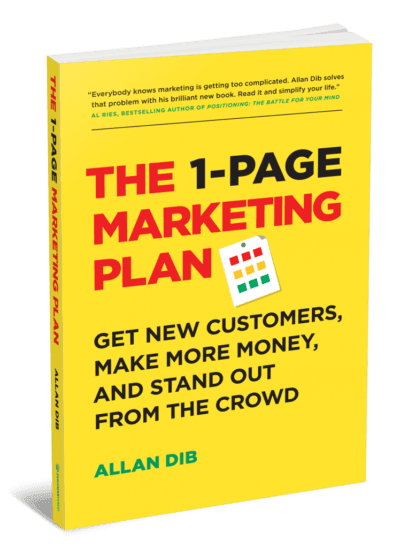The Scout Mindset: Why Some People See Things Clearly and Others Don't, by Julia Galef, is an interesting book.
For whatever reason, I see Amazon categorizes it as Business & Money > Management & Leadership.
I wouldn't say this is wrong, per se, but feels a little weird.
While I imagine the book would be quite helpful for people in leadership, it is also useful for everyone.
The book talks about the scout mindset vs the soldier mindset.
The soldier mindset uses a combative view of their ideas and concepts versus the world. Whenever something they think is challenged, they react against it, either ignoring or coming with reasons why it is not true.
The scout mindset tries to learn about “the terrain”, instead – when an idea/concept you have is challenged, they try to pay attention and see if it has actual merit.
People use both mindsets, and even the same person can behave with one mindset in some situations and some in others.
I found the discussion of the evolutionary point quite interesting – on ancient situations, you had very little choice about a lot of things – including the people you spent time with, profession, place you live, etc. In this situation, it is quite useful for the brain to fool itself that everything is ok, just like the dog in the burning room on the “This is fine” popular meme.
However, fooling yourself can be quite dangerous, as you are navigating with an incorrect map, and thus making mistakes and poor decisions you could avoid if you had a clear picture.
The book goes on about the many ways cognitive biases can warp your view of reality, and how to avoid them.
I felt it was quite useful, and entertaining as well.
Overall, strongly recommended.
Also, first post (of the year). I actually read a bunch of books (this was number 8) and 8 different courses, but none seemed like a great fit for this blog…


